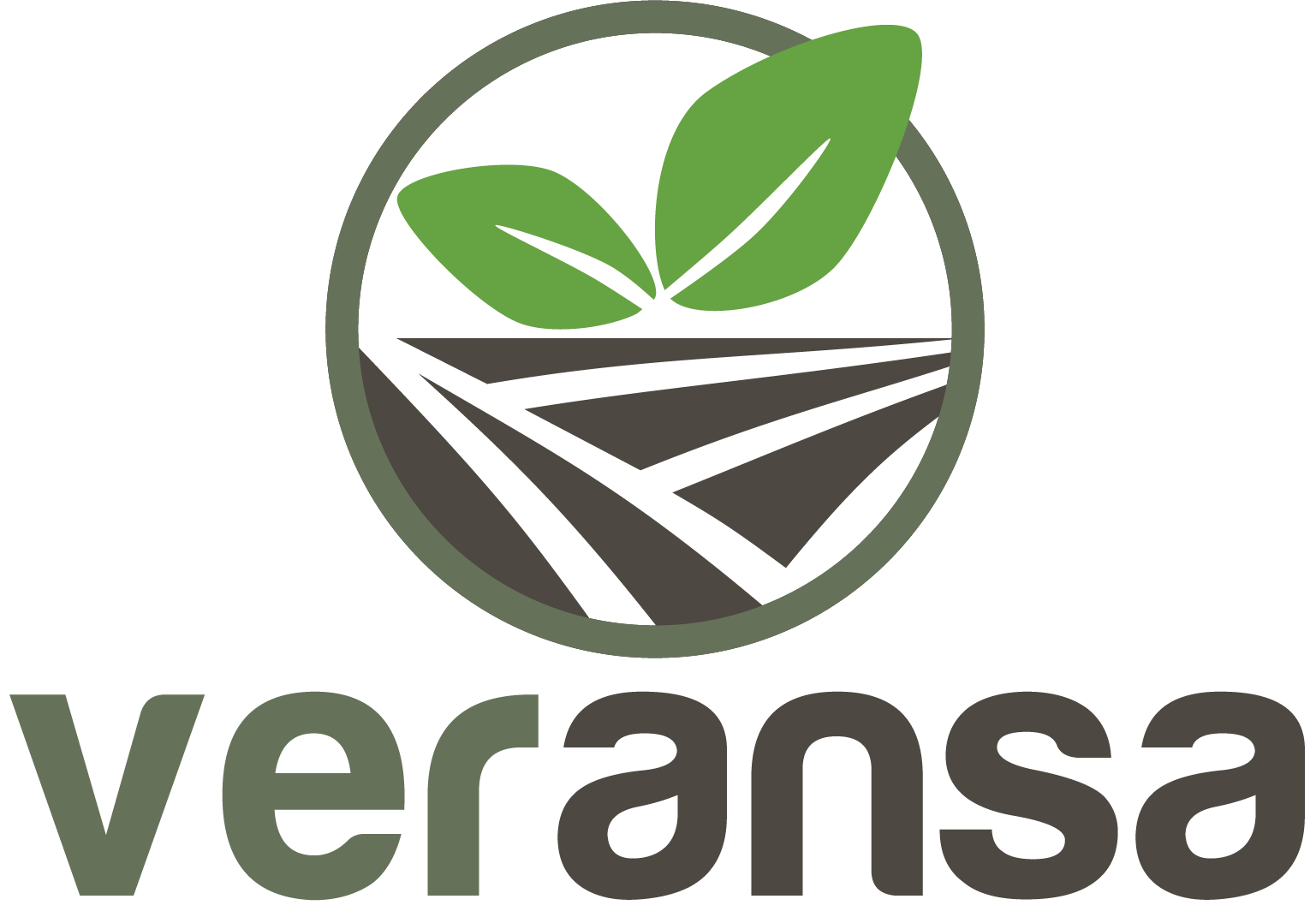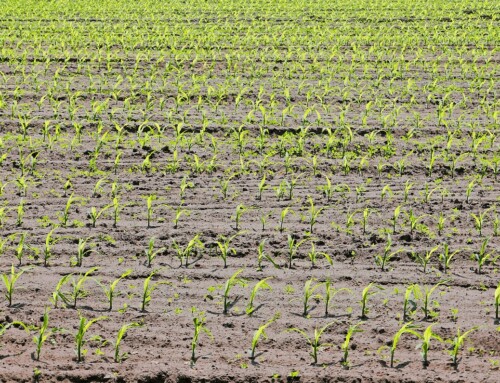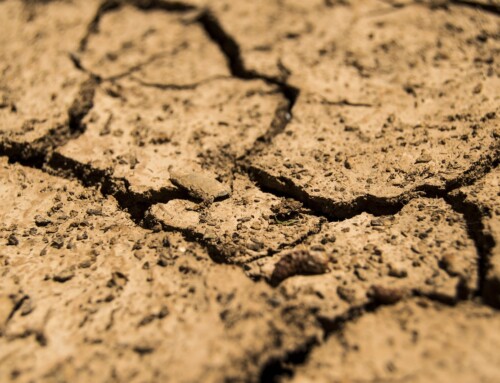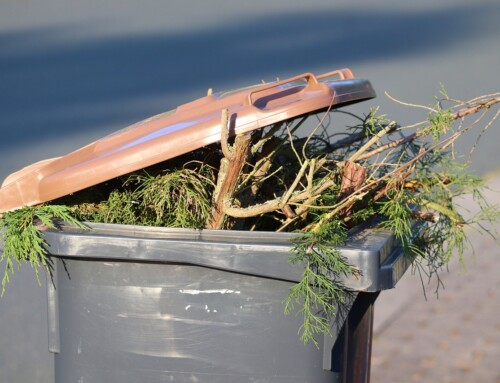Repurposing wood and yard waste to manufacture organic soil amendments and compost results in many environmental, economic, and practical benefits. This process, which transforms organic waste into valuable resources, plays a critical role in sustainable waste management and soil health in Florida.
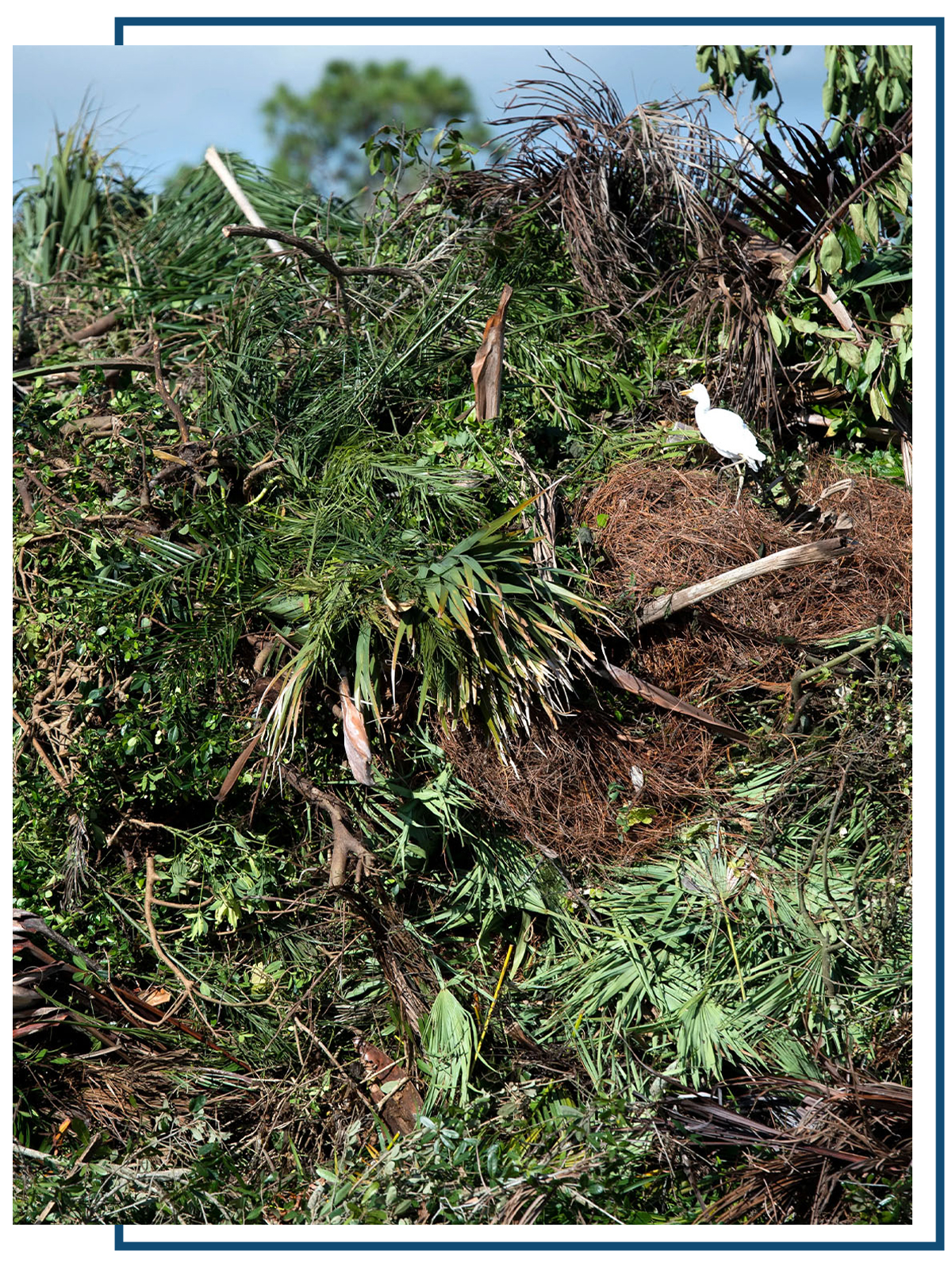
Environmental Benefits
One of the most significant environmental benefits of recycling wood and yard waste is the reduction in landfill use. When organic materials are sent to landfills, they decompose anaerobically, producing methane, a potent greenhouse gas. By diverting these materials to composting or wood recycling programs, methane emissions are significantly reduced. Additionally, recycling wood and yard waste helps conserve natural resources by reducing the need for virgin materials. For instance, composting yard waste recycles nutrients back into the soil, reducing the need for synthetic fertilizers that can have harmful environmental impacts, such as runoff leading to water pollution.
When it comes to soil health and fertility, composting yard waste and wood chips is invaluable. Compost adds organic matter to the soil, improving its structure and water-holding capacity. This enhancement supports better root growth and increases the soil’s ability to retain nutrients. Organic compost also encourages beneficial microorganisms and earthworms, which contribute to a vibrant and healthy soil ecosystem. By improving soil fertility and structure, compost helps in growing healthier plants, leading to more productive gardens and agricultural fields.
Wood chips, when recycled into mulch, also offer significant soil benefits. Mulch helps to retain soil moisture, suppress weeds, and regulate soil temperature. This protection is particularly beneficial in reducing soil erosion and maintaining a stable environment for plant roots. Over time, as wood chips break down, they contribute additional organic matter to the soil, further enhancing its fertility and structure.
Economic and Community Benefits of Repurposing Yard Waste
Recycling wood and yard waste can lead to cost savings for municipalities and individuals. For local governments, composting and wood recycling programs reduce the volume of waste sent to landfills, potentially lowering disposal fees. These savings can be redirected into other community services or environmental initiatives. For individuals and businesses, using compost and mulch made from recycled materials can reduce the need for purchased fertilizers and soil amendments, leading to direct cost savings.
The process of composting, repurposing and recycling wood can create local job opportunities in waste management and environmental services. This economic activity supports local economies and fosters community engagement in sustainability practices.
Recycling wood and yard waste also serves as an educational tool, promoting awareness about sustainable practices and environmental stewardship. Community composting programs and workshops can engage residents in the benefits of recycling organic materials and offer practical guidance on how to participate. These programs often foster a sense of community and collective responsibility towards environmental conservation.
Veransa is a Strategic Partner in Repurposing Waste
Recycling wood and yard waste into soil amendments and compost is a vital practice that benefits the environment, improves soil health, supports economic savings, and provides practical solutions for gardening and landscaping. The widespread adoption of composting and wood recycling programs is a crucial step towards building more resilient and eco-friendly communities.
The Veransa Group is proud to partner with many Florida municipalities to collect and dispose of wood and yard waste, especially after catastrophic regional storms. We work to “close the green loop” by using these raw materials to manufacture organic compost, mulch, and soil amendments that are returned to our state’s soil, building a more sustainable environment for future generations.
